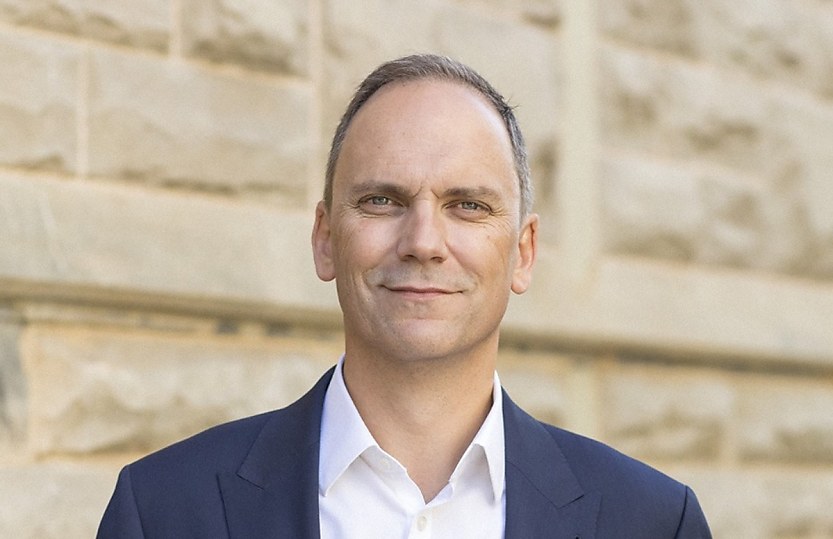RCSA raises concern over ACT’s ‘backroom tax’

The ACT government’s “stealth move” to lift payroll tax to 8.75 per cent will undermine business, jobs and trust, RCSA has said.
The Recruitment, Consulting and Staffing Association (RCSA) has “condemned” the ACT government’s last-minute decision to lift the payroll tax rate without consultation, transparency, or inclusion in the state budget.
The new rate of 8.75 per cent was set to be effective from 1 January 2026 and was labelled by RCSA as a “stealth move that will damage business confidence and unfairly penalise job creators”.
The rate was not included within the original 2025–26 budget handed down by Treasurer Chris Steel on 24 June, yet was confirmed at a behind-closed-doors deal with the ACT Greens and would apply to businesses with national wages over $150 million.
Charles Cameron, chief executive of RCSA, said the sneaky decision would inflict damaging consequences to employers in Canberra and beyond.
“This is nothing more than a backroom tax on jobs. It was made without warning, without modelling, and without any engagement with the businesses that will bear the cost,” he said.
“At 8.75 per cent, the ACT now holds the highest payroll tax rate in the country for large employers. That matters. It shifts how businesses think about investment and growth.”
Before the increase, the ACT payroll tax rate sat at 6.85 per cent for every business level, with a threshold of $166.666.66 per month, or $2 million per year.
In the state budget released in June, which included no mention of an increase to payroll tax, Steel said due to challenges such as the pandemic and natural disasters, the ACT government had stepped up to support the community, businesses and local economy.
“As a responsible government, we will continue to invest in the high level of services Canberrans enjoy whilst also addressing the fiscal pressures that we face,” Steel said.
“Our commitment is to invest in the future of Canberra and embrace the opportunities it provides us.”
RCSA said the post-budget rate uptick undermined this “commitment” as the increased costs would push into supply chains, pricing, staffing decisions and service delivery.
Cameron said while only a limited number of companies met the $150 million threshold, the impact would be far broader.
“Our members are already under pressure. This adds cost and uncertainty at a time when businesses are working hard to create jobs and support economic recovery,” he said.
In addition, Cameron noted RCSA was also concerned in relation to the government's approach to revenue reform.
“This is the second year running that the ACT government has used business to plug a fiscal hold. This pattern, policy by ambush, undermines trust and makes long-term planning near impossible.”
“We support strong public services, but business cannot be expected to carry the load alone, especially when decisions are made without transparency or collaboration.”
About the author

